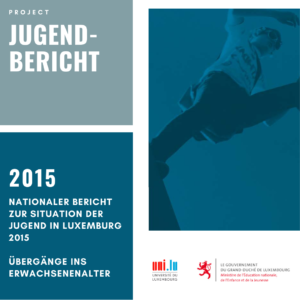The article deals with the question of how aggregated data which allow for generalizable insights can be generated from single-case based qualitative investigations. Thereby, two central challenges of qualitative social research are outlined: First, researchers must ensure that the single-case data can be aggregated and condensed so that new collective structures can be detected. Second, they must apply methods and practices to allow for the generalization of the results beyond the specific study. In the following, we demonstrate how and under what conditions these challenges can be addressed in research practice. To this end, the research process of the construction of an empirically based typology is described. A qualitative study, conducted within the framework of the Luxembourg Youth Report, is used to illustrate this process. Specifically, strategies are presented which increase the likelihood of generalizability or transferability of the results, while also highlighting their limitations.
Aggregation, validation, and generalization of qualitative data. Methodological and practical research strategies illustrated by the research process of an empirically based typology
Suggested Citation
Weis, D. & Willems, H. (2016). Aggregation, validation, and generalization of qualitative data. Methodological and practical research strategies illustrated by the research process of an empirically based typology. Integrative Psychological and Behavioral Science, 51(2), 223–243.



